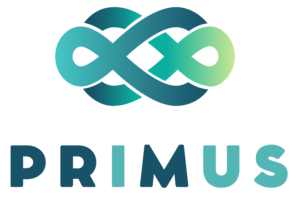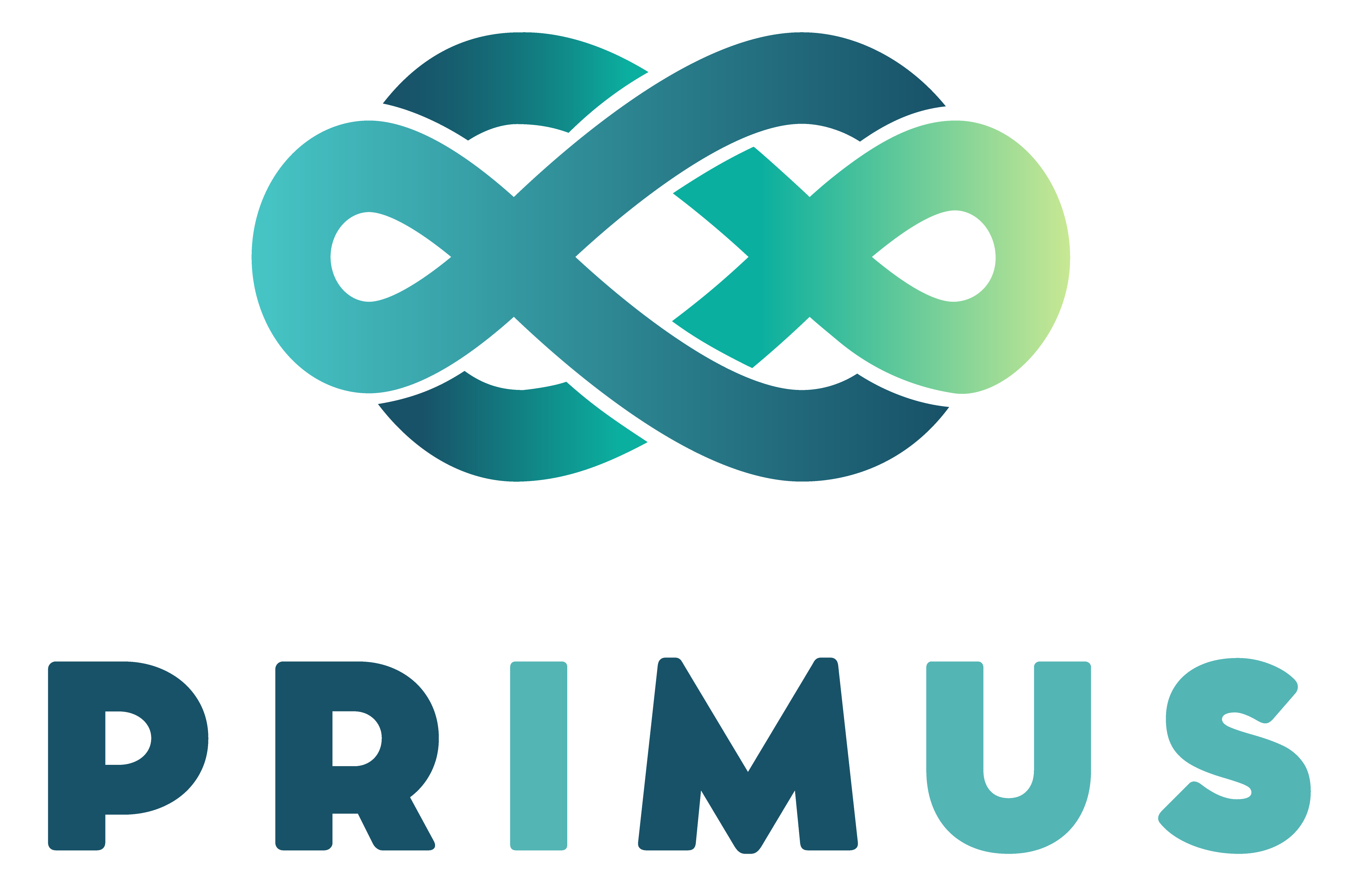Objectives
The specific objectives for PRIMUS Project are set in the following main areas;
Scientific
- Eliminate hazardous substances from the recycled material so it can be safely circulated and to be used again.
- Develop robust sampling protocols to know the quality of plastic waste feedstock.
- Ensure safe processes by measuring hazardous volatile organic compounds generated during the recycling process.
- Develop sensor-based identification technologies to measure the degradation degree of plastic and develop methods to reduce it.
- Assess the suitability of the new recycled material for the manufacturing of high added value components and parts (Pilot Cases).
Industrial
- Validate standard screening methods for hazardous substances (PRE 1000) to assure compliance with plastic product legislation.
- Demonstrate food safety compliance of the recycled plastics to use in food contact in refrigerators.
- Develop Ecoprofiles for the recycled materials to support environmental performance claims.
- Commission an interoperable, immutable, and privacy-preserving information management system to certify the recycled material content in products.
- Demonstrate the economic potential of PRIMUS to plastic recycling approach by generating circular business and financial models for market roll-out.
Societal
- Sense the general public opinion on plastic recycling and consumption patterns to identify drivers and barriers for social engagement.
- Engage society at scientific, industrial and citizen levels though dedicated channels to raise awareness and communicate the need to act.
Environmental
- Develop an environmental and social aspects -based methodology for sustainability assessment of recycled plastics.
- Strengthen supply chain traceability and transparency by making LCA (Life Cycle Assessment) data readily and immutably available for evaluation.
- Develop recycled plastics datasheets and sustainability models available to the community for further knowledges dissemination.



